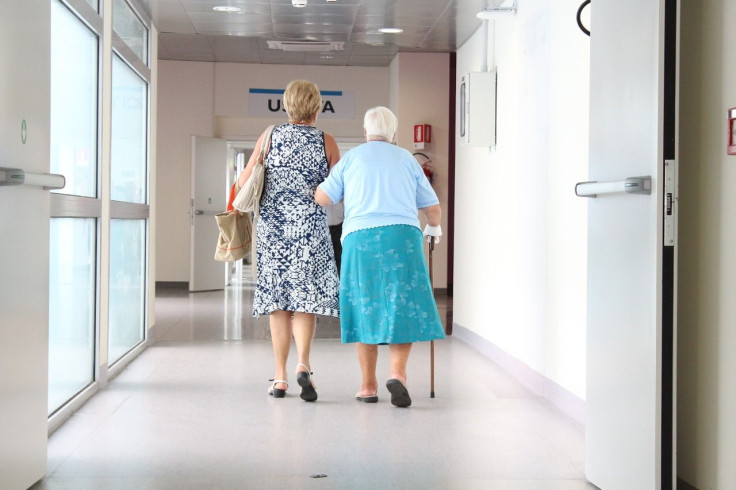What Should The Elderly Do Amid The Coronavirus Outbreak In The UK?

KEY POINTS
- Coronavirus infection has stricken many people around the world especially the elderly and those with pre-existing ailments
- You can take precautions to protect your loved one from the virus
- Health experts have laid down the guidelines when you are caring for the elderly
Coronavirus has already infected 170,002 people around the world and has already claimed 6,523 lives. While every generation faces the risk, the worst symptoms of coronavirus can prove deadly to the elderly, particularly those aged 60 and above. A guide has been compiled by Express.co.uk on what the elderly should do to protect themselves from the onslaught of the virus.
Coronavirus in the UK
Recent information shows that the UK has a total of 1,391 confirmed cases of coronavirus infection, of which 35 have already died, 1,336 are active cases, and 20 recoveries. The UK government has been advising the elderly population, even those with the mildest sore throat or cough symptoms, to go on self-isolation.
Save for a death involving a 59-year-old man, all other coronavirus-related deaths in the UK have been elderly patients aged 60 years old and above. All of them, including the 59-year-old man, have underlying health conditions.
The Elderly At Risk
According to data made available by Chinese authorities, the death rate for coronavirus patients who are 80 years old and above in its first 44,000 cases was 15%. For those who are between 70 and 79 years old, it was 8%.
Those with coronavirus symptoms like dry cough, fever, and feeling of listlessness, have been advised by Public Health England to avoid seeing older people. This is to prevent the virus from being passed on to the elderly.
Chris Whitty, the chief medical officer for England, said that in the next couple of days, the government would be asking those showing symptoms, even if mild, to stay home. They should do this for at least seven days. According to Professor Whitty, this is one way of protecting the general public, including the elderly population.
The charity director of Age UK, Caroline Abrahams, said that the virus outbreak is definitely a huge worry and appears to be very challenging for the elderly population. This is why it is crucial to be vigilant than ever and look out for older relatives, friends, and neighbors to ensure they are okay. If someone you know has been advised to self-isolate or is simply worried about going out, you can help out by running some errands or picking up some shopping.
If it is safe for you to do so, you can try to stop over for a short visit, but you can also keep in touch online, over the phone, or through the post. If you or they have health concerns and need more information about the virus outbreak, they can visit the NHS website or call NHS111.
The elderly are at a much higher risk of contracting and dying from coronavirus. This is why it is best to make sure your hands are always washed with soap and water to prevent the virus from further spreading.
Proper Hand Washing
When washing the hands, first wet them with clean and running water. Then apply soap liberally. Lather the hands, including the backs, under the nails, and between the fingers. Scrub for not less than 20 seconds before rinsing the hands clean.
© Copyright IBTimes 2024. All rights reserved.





















